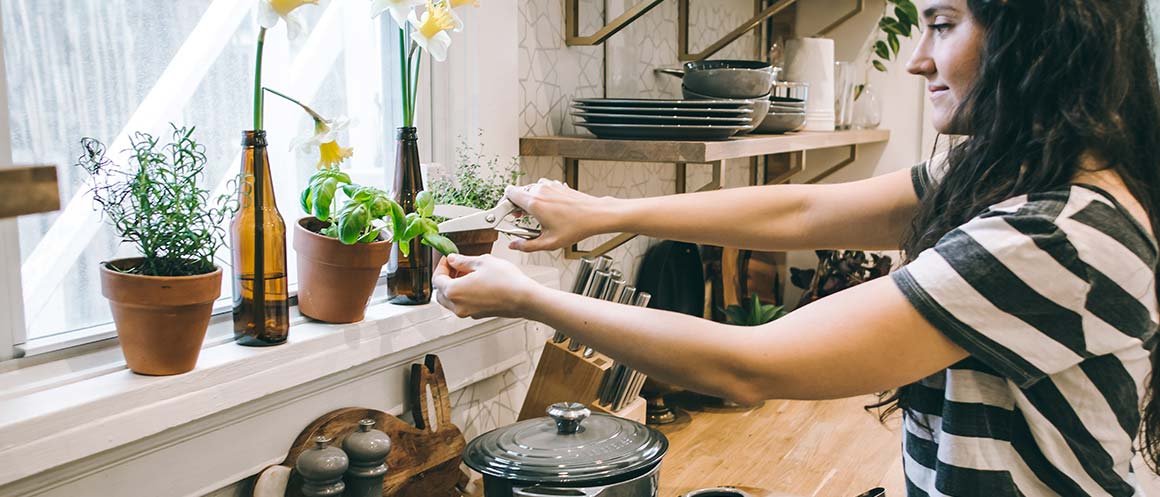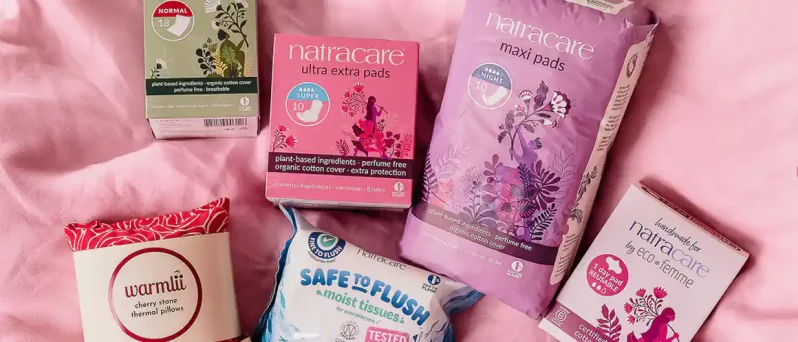We’re all spending a bit more time at home than usual this Plastic Free July, and that can make going plastic free easier in some ways, but harder in others. The easiest way to reduce plastic waste at home is by using what you have and making what you can, instead of buying it. In other words: plastic free homesteading. If you’re not able to fully commit to the zero-waste lifestyle with a complete plastic free glow up, this approach could be perfect for you.
Going plastic free at home can be done without purchasing new items or shifting your existing lifestyle too far. Plastic free homesteading relies on some of our favorite eco R’s: reusing, repurposing, and repairing — with all of these options being explored before repurchasing. Here are 9 ways you can get started with plastic free living in your home:
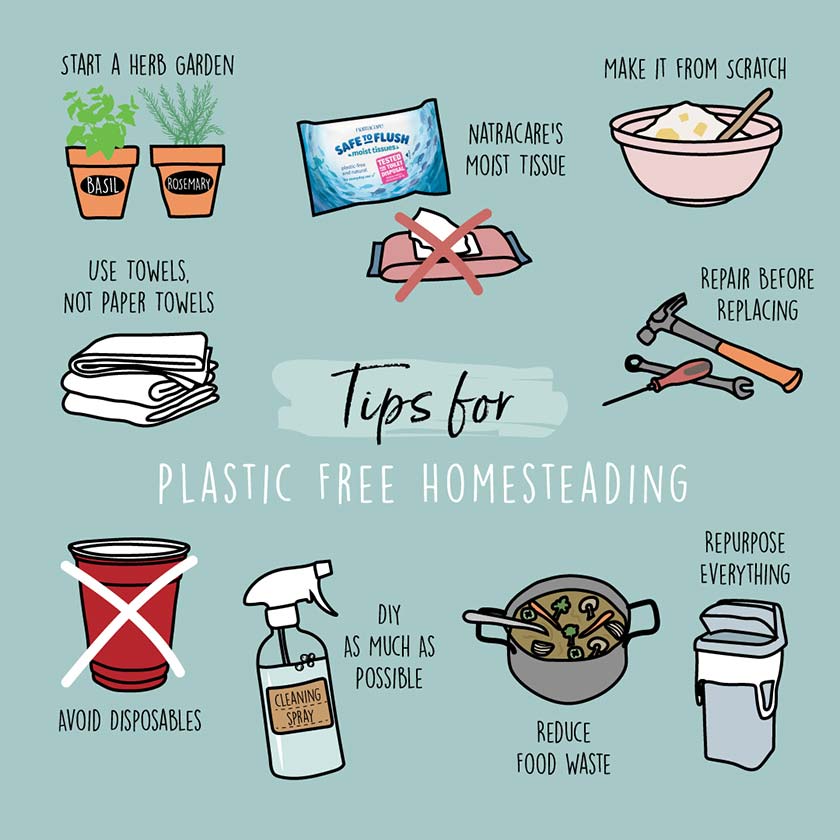
Plastic free homesteading in the kitchen
Most of us think of our kitchens fondly — that’s where tasty food gets made after all! Although it might be a plastic-heavy room, the kitchen is actually one of the most straightforward places to start reducing plastic waste.
Making things from scratch is a key way we can reduce plastic while staying home. From cookies to pancakes to oat milk, homemade is usually tastier. Making food from scratch helps reduce plastic wrapping that can’t be reused or repurposed. Plus you can help reduce food waste by using veggie scraps to make your own broth.
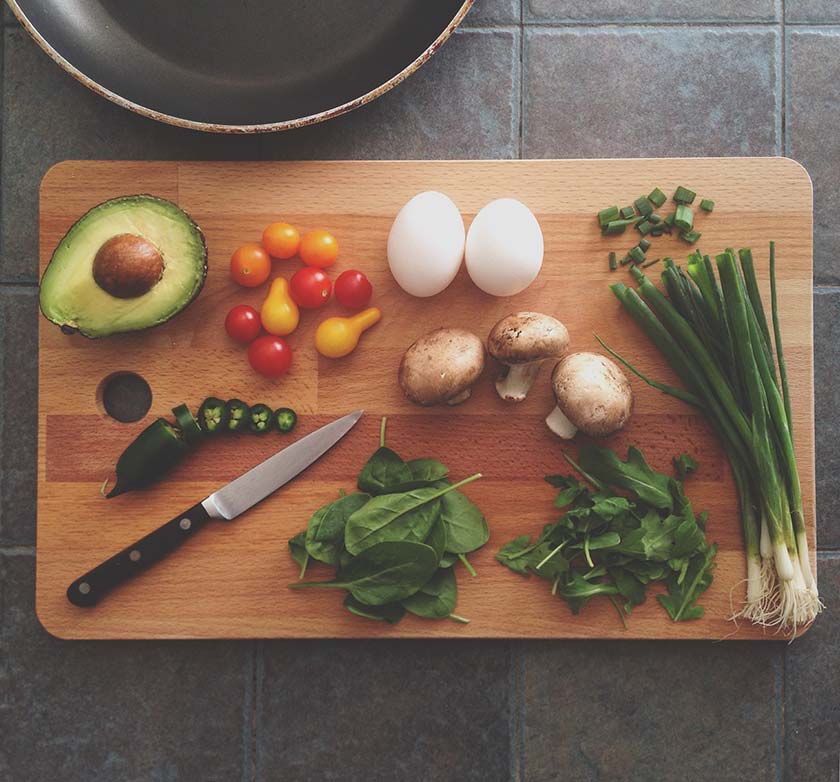
Next let’s talk about paper towels. These useful items may not be made from plastic themselves, but rolls are often individually wrapped in plastic packaging which, unfortunately, is usually not recyclable. That’s a ton of plastic and waste that can be diverted by simply switching to reusable cloth towels!
Try avoiding disposables. While doing dishes isn’t the most fun, single-use plastic cups and utensils aren’t helping to reduce the amount of plastic we send to landfill. Use your own reusable plates, cups and cutlery for picnics and barbecues. Another tip if you’re ordering food for delivery: be sure to ask for no utensils or napkins!
Plastic free homesteading beyond the kitchen
There are many opportunities to practice plastic free homesteading beyond the kitchen, too! Almost all can fall into 3 categories: repairing, repurposing, and mindful shopping.
Today, anything can be replaced within a few clicks. But what’s the cost of this convenience? By choosing to repair what we can before replacing them, we not only reduce our upstream plastic pollution and waste — but we also give items a new lease of life and keep them away from landfill. Many cities around the world have repair cafes, which are usually volunteer-run spaces where others in your community can help you repair items that are beyond your skill level.
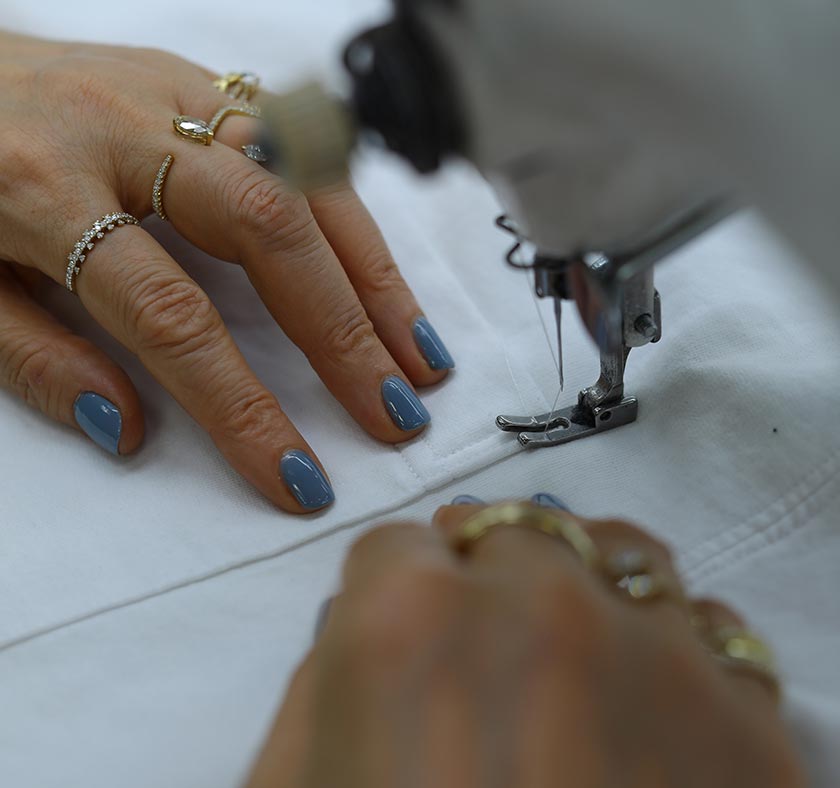
Repairing goes hand-in-hand with repurposing! From reusing plastic bags as trash bags, and reusing spaghetti sauce jars for storage, the lives of many plastic items can be extended before becoming waste in landfill or polluting our planet. Making your own ecobrick is a great way to repurpose plastic waste that would otherwise be thrown away.
There are many cases when we need to buy new and there is no option to go fully plastic free — that’s okay! Instead of worrying too much about what we can’t do, let’s focus on what we can do. By being mindful and conscious with our purchases, we can reduce our overall plastic waste at home.
This is why Natracare is proud to share our plastic-free products that leave a minimal footprint on the earth, such as our Safe to Flush Moist Tissues as a paper alternative to replace plastic, non-flushable “flushable” wet wipes.
One of the 3P's
You should only ever flush the 3P’s: pee, paper, and poo. Luckily, our Safe to Flush Moist Tissues are made entirely from paper!
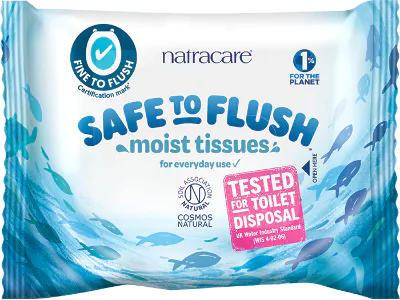
Find out more
Do you have some great hacks to reduce plastic waste and homesteading? Let us know in the comments below and join us on IG for Plastic Free July: @natracare.
